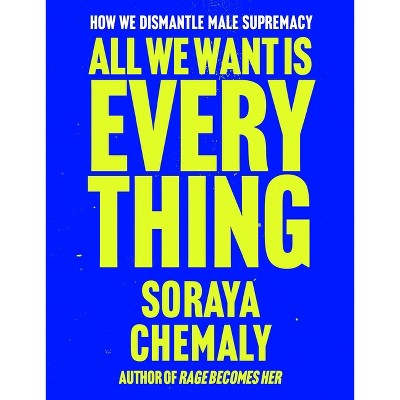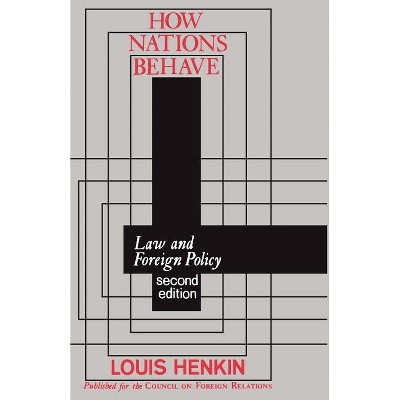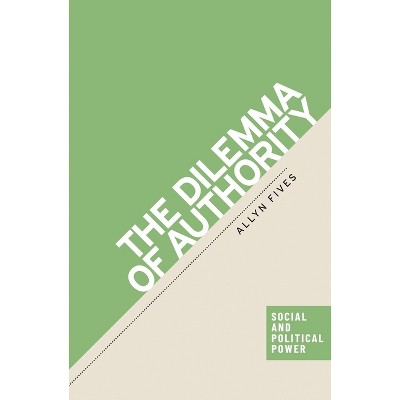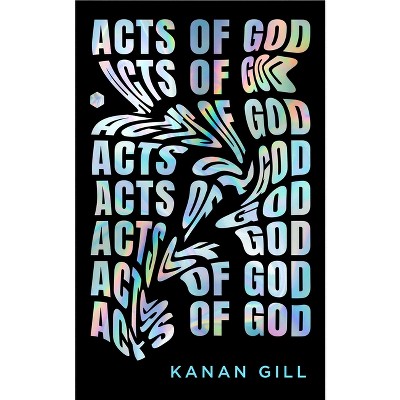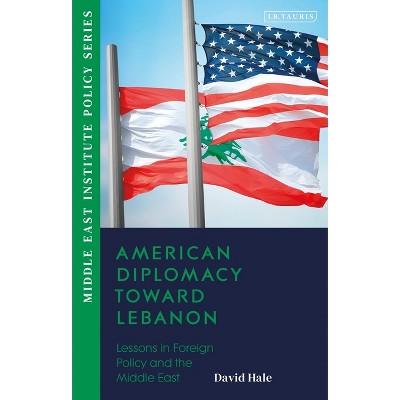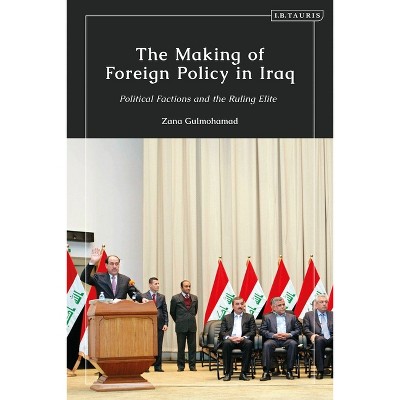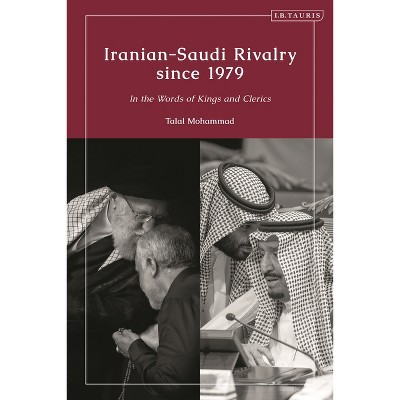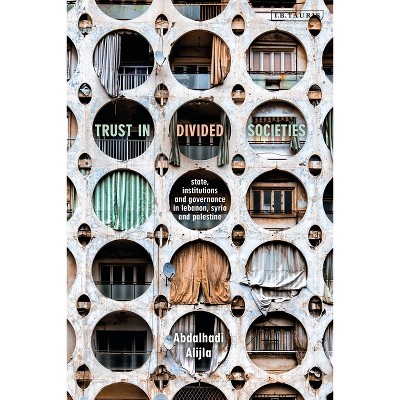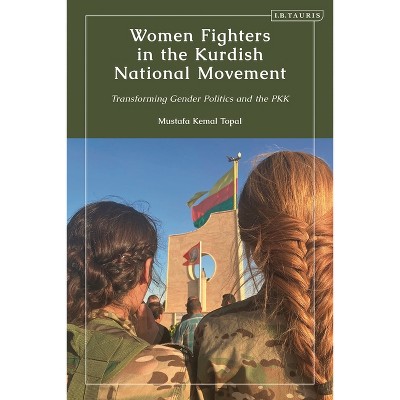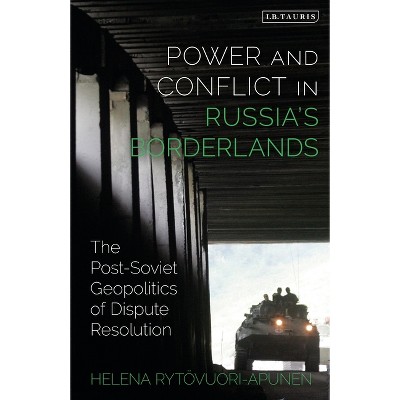Sponsored

Power Couple - by Ghoncheh Tazmini (Hardcover)
In Stock
Sponsored
About this item
Highlights
- Cooperation between Iran and Russia has expanded to unprecedented levels.
- About the Author: Ghoncheh Tazmini recently completed her term as Visiting Fellow at the Middle East Centre at the London School of Economics, UK.
- 248 Pages
- Political Science, International Relations
Description
About the Book
"Russia and Iran often clash on the regional stage. Yet, their partnership endures and their power in the Middle East is growing. What is the basis of the Moscow-Tehran relationship? What are the ambitions of these states in the region? Do Moscow and Tehran have an 'alliance', 'alignment' or a 'coalition'? This book assesses how Moscow and Tehran have built their strategic partnership. Ghoncheh Tazmini argues for a Russia-Iran 'alignment', which is based on their shared narratives of the international order. She shows that to counteract US unilateralism, and with both states feeling internationally isolated, the Kremlin needs Tehran as much as Tehran needs the Kremlin. Yet it is well known that these states' conflicting agendas and asymmetries create areas of tension especially concerning divergent interests in Syria, Iraq, Yemen, and the GCC. Based on primary Persian sources and interviews with stakeholders, Tazmini explains why Moscow-Tehran relations are a lot more durable than many in the West and the Middle East may believe. Given the US's decision to narrow its scope of engagement in the Middle East, and new security concerns posed by Russia as key actor in the region, this analysis will be vital for assessing the implications of the Moscow-Tehran alignment"--Book Synopsis
Cooperation between Iran and Russia has expanded to unprecedented levels. Following the Russian offensive in Ukraine, their partnership has undergone a significant transformation, altering power dynamics and elevating Iran from a junior partner to an equal counterpart. Russia's dependence on Iran in unexpected areas has caught observers by surprise.
In her book, Ghoncheh Tazmini presents a fresh analysis of the complex relationship between Russia and Iran. She argues for a Russia-Iran 'alignment' based on their shared narratives of the international order. The two states are bound by connective tissue that is coded by ontological security preoccupations and mutual threat perceptions. Despite historical animosities and ongoing suspicions, the relationship has demonstrated resilience, fluctuating between conflict and convergence.
The Iran-Russia relationship holds decisive implications for the Middle East's future, where their interests both overlap and diverge, notably in Syria, Iraq, Yemen, and with the GCC. Tazmini delves into Russian and Iranian geopolitical aspirations in the Middle Eastern theatre and addresses how evolving international realities impact their regional policies.
Through a blend of sophisticated theoretical analysis and empirical insights, Tazmini explains why Moscow-Tehran relations are more durable than many in the Western world and the Middle East may perceive. Russia and Iran's close alignment is expected to persist - undeterred by criticism and sanctions, the 'Power Couple' remains determined to establish a foothold in the international system through their collaborative efforts.
Review Quotes
"A subtle and sophisticated exploration of one of the more apparently mismatched alignments of our era, presaging an epochal shift in the structure of international politics. The material and structural aspects of the Russo-Iranian relationship are examined, but Tazmini also creatively explores the ideational and civilisational factors that contribute to the perception of ontological security of this odd couple. A brilliant and perceptive analysis. Essential reading." --Richard Sakwa, Professor, University of Kent, UK
"Ghoncheh Tazmini's Power Couple is essential for obtaining an accurate understanding of the complex Russian-Iranian relationship-especially as it has evolved since the outset of the Russian-Ukrainian war." --Mark N. Katz, Professor, George Mason University, USAAbout the Author
Ghoncheh Tazmini recently completed her term as Visiting Fellow at the Middle East Centre at the London School of Economics, UK. Educated at the University of British Columbia, the LSE and the University of Kent, she holds a PhD in international relations. She is the author of Khatami's Iran (2007, 2009), and Revolution and Reform in Russia and Iran (2012).
